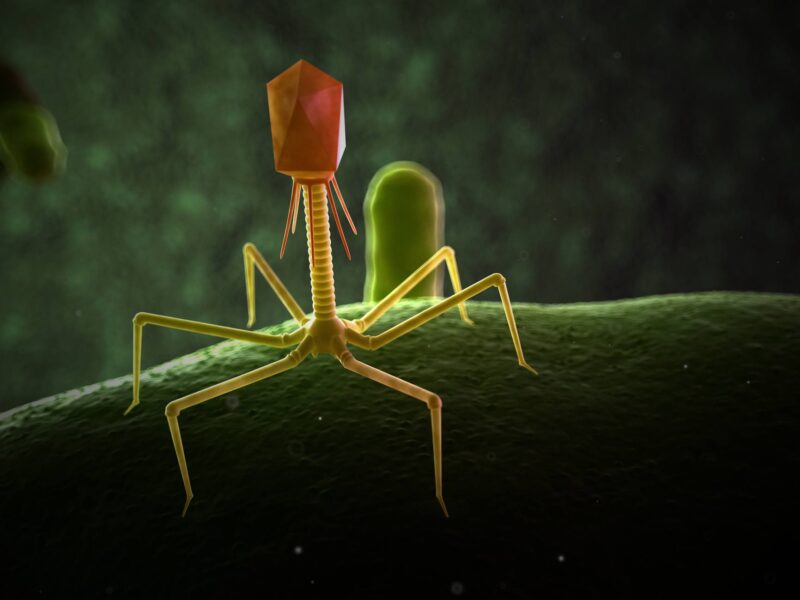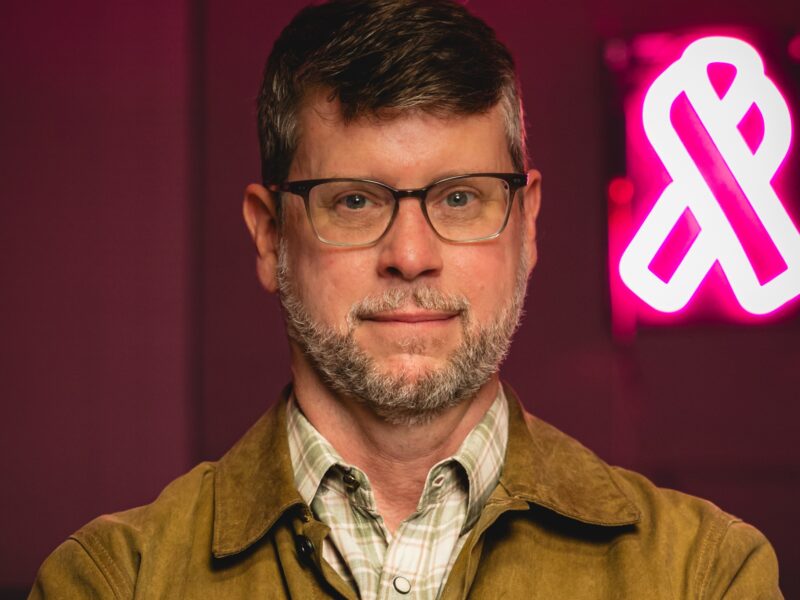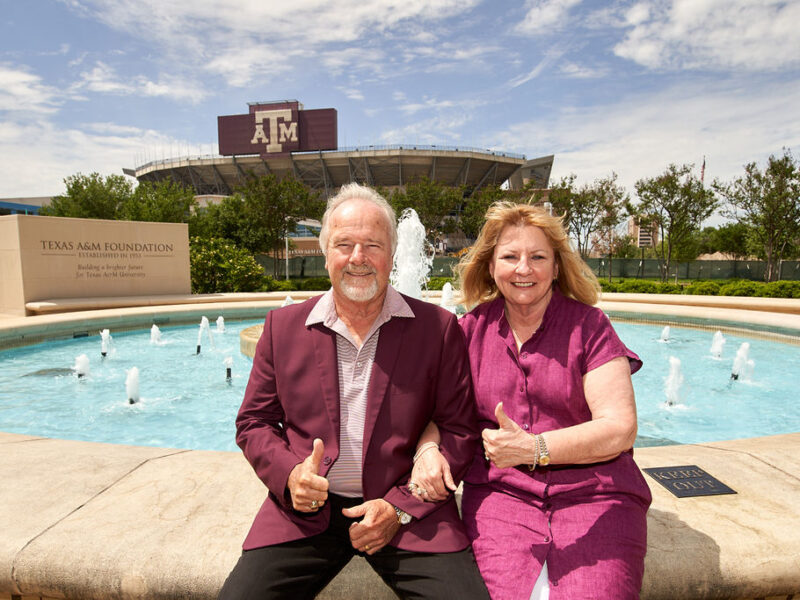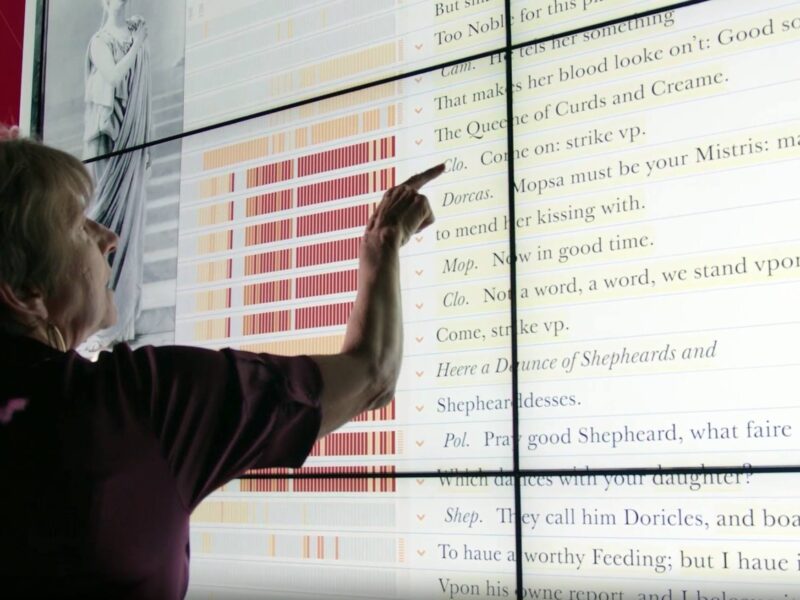Texas A&M Bestows ‘Distinguished Professor’ Title On Seven Faculty Members
Seven Texas A&M University faculty members have been appointed as university distinguished professors. The title, which is bestowed in perpetuity, is among the highest honors awarded to Texas A&M faculty members.
The latest recipients are: Dr. Gianfranco D. Alpini, professor of medicine, Texas A&M Health Science Center College of Medicine; Dr. Robert S. Chapkin, regents professor of nutrition and food science, College of Agriculture and Life Sciences; Dr. Joe R. Feagin, professor of sociology, College of Liberal Arts; Dr. P. R. Kumar, professor, Department Electrical and Computer Engineering, Dwight Look College of Engineering; Dr. Jeffrey W. Savell, regents professor of animal science, College of Agriculture and Life Sciences; Dr. Renyi Zhang, professor of atmospheric sciences, College of Geosciences, and professor of chemistry, College of Science; and Dr. M. Suhail Zubairy, professor of physics and astronomy, College of Science.
The 2014 university distinguished professor honorees join a select group of more than 70 current faculty members that hold the prestigious title. This designation denotes a faculty member who is pre-eminent in his or her field, has made at least one seminal contribution to the discipline, and whose work is central in any narrative of the field and is widely recognized to have changed the direction of scholarship in the field.
“University Distinguished Professors represent the highest level of achievement for our faculty,” said Dr. Karan L. Watson, provost and executive vice president for academic affairs. “They are recognized as pre-eminent authorities in their fields and their accomplishments are exemplified by outstanding teaching, mentoring, discovery and service. They demonstrate to the world the high quality of scholarship underway at Texas A&M University.”
Texas A&M Interim President Mark Hussey and the Texas A&M Foundation will host a reception on April 30 recognizing the six new university distinguished professors and honoring all of the University Distinguished Professors. More information, including a complete list of University Distinguished Professors, is available online.
Alpini
Gianfranco D. Alpini, professor of medicine and medical physiology, joined the faculty of the Texas A&M Health Science Center College of Medicine in 1994. He also serves as co-director of the Digestive Disease Research Center at Scott & White Healthcare and a research scientist with the Central Texas Veterans Health Care System. He earned his Ph.D. from the University of the Studies of Rome, “La Sapienza.” He completed postdoctoral training at three highly prestigious liver units: Mount Sinai Medical Center and Albert Einstein College of Medicine at Yeshiva University in New York City and the Mayo Clinic in Rochester, Minnesota. He is a Research Scientist and the holder of the Endowed Nicholas C. Hightower Centennial Chair in Gastroenterology. Over his career, he has made novel contributions to the science of cholangiocytes (epithelial cells that line the bile duct), the biliary system, melatonin synthesis, clock gene regulation, and the understanding of the role of secretin, a hormone that regulates secretions of the stomach and pancreas and other functions. His work has led to the development of therapies for specific cholangiocyte/biliary disorders including a biliary and liver cancer, liver regeneration, primary sclerosing cholangitis and primary biliary cirrhosis. He has authored more than 200 peer-reviewed scientific articles, reviews, and book chapters as well as more than 300 abstracts. He is a Fellow of the American Gastroenterological Association and serves as an editor or on the editorial board of a number of prestigious scientific journals. His research team was recognized with a prestigious Research and Development Award for Veterans Administration Scientists by the Association of Military Surgeons of the United States and he received a Doctorate of Research in Experimental Clinical Hepatology Honoris Causa from the University of Rome.
Chapkin
Robert S. Chapkin, Regents Professor and University Faculty Fellow in the Program in Integrative Nutrition and Complex Diseases of the Department of Nutrition & Food Science, joined the faculty of the Texas A&M College of Agriculture and Life Sciences in 1988. He earned a Ph.D. from the University of California, Davis, where he also completed his postdoctoral work. Chapkin is an expert in dietary chemoprevention of colon cancer and inflammatory bowel diseases. He has made highly significant contributions to cancer chemoprevention in five specific areas: (1) establishment of models for cancer prevention studies, (2) elucidation of colon cancer epigenetics and signal transduction process in the colon, (3) investigation of the role of adaptive/innate immune response and chronic inflammation as a critical factor in colon cancer development, and its modulation by diet, (4) membrane biology and nutritional modulation of epithelial and immune cell membrane structure and function, and (5) development of novel noninvasive Systems Biology-based methodologies to monitor diet/gene expression profiles and its application to translational research. He has published more than 194 peer-refereed manuscripts and 23 peer-reviewed book chapters. His work has been cited more than 8,100 times. Chapkin has received numerous awards, including the Osborne and Mendel Award from the American Society for Nutrition, The Association of Former Students Distinguished Achievement Award—Research, NASA Space Act Award, Texas A&M Sigma Xi Distinguished Scientist Award, the Bio Serv Award in Experimental Animal Nutrition from the American Society of Nutrition, and an early career PEW National Nutrition Program Faculty Scholar Award.
Feagin
Joe Feagin came to Texas A&M as the Ella C. McFadden Professor in Sociology in the College of Liberal Arts in 2004. He earned his Ph.D. from Harvard University. His research and teaching interests concern mainly the development and structure of racial and gender prejudice and discrimination, especially institutional and systemic discrimination and racism. He is well known for his ground-breaking contributions to the fields of racial-ethnic relations, the new urban sociology, sex and gender inequality, race, gender and class analysis, and the sociology of education. His concepts of systemic racism and systemic sexism influence the work of social scientists world-wide. He has published 63 books and more than 200 articles and other significant publications. Throughout his career he has amassed an amazing number of awards, including the Robert and Helen Lynd Award for Lifetime Contributions to Community and Urban Sociology, the highest award given in Community and Urban Sociology, and the Harvard Alumni Association (HDS) Rabbi Martin Katzenstein Award. He was appointed as a Fellow in the Study of Poverty and Inequality at Stanford University and has won awards from numerous sections of the American Sociological Association. In the last year, he has won four career achievement awards: the Arthur Fletcher Lifetime Achievement Award by the American Association for Affirmative Action; the Soka Gakkai International USA Social Justice Award; The American Sociological Association’s Section on Racial and Ethnic Minorities Founders Award; and the W.E.B. Du Bois Career Award, the highest award given by the American Sociological Association. He was also the 1999-2000 president of the American Sociological Association.
Kumar
P.R. Kumar joined the Texas A&M faculty in 2011 as a professor in the Department of Electrical and Computer Engineering and the Holder of the College of Engineering Chair in Computer Engineering in the Dwight Look College of Engineering. He earned his D.Sc. from Washington University in St. Louis. He is a preeminent scholar in the areas of manufacturing systems, wireless networks and control systems. His notable contributions include the development of real-time scheduling policies for complex semiconductor wafer fabricating plants, which have since been implemented in industry. In addition, he addressed the fundamental issue of how much traffic wireless networks could carry and what the architecture should be for their organization. This seminal work showed that ad hoc networks are limited by what is now called the “Gupta-Kumar bound,” which led to a major reassessment of their capabilities. He has published a book, two monographs and 35 book chapters as well as more than 100 articles in peer-reviewed publications. His publications have attracted more than 24,000 citations. Kumar is a member of the National Academy of Engineering and a Fellow of the Institute of Electrical and Electronics Engineers (IEEE). Other honors include Distinguished Alumni Achievement Awards from both Washington University in St. Louis and the Indian Institute of Technology in Madras. He also received the Donald P. Eckman Award, the Engineering Council Award for Excellence in Advising, the IEEE Field Award for Control Systems, the IEEE Communications Society Fred W. Ellersick Prize and the ACM SIBMOBILE Outstanding Contribution Award. Kumar also holds several honorary and visiting professorships at in India and China.
Savell
Jeffrey W. Savell joined the faculty of the Texas A&M University Department of Animal Science in the College of Agriculture and Life Sciences in 1979. He earned his Ph.D. from Texas A&M. He is a regents professor and the E.M. “Manny” Rosenthal Chairholder in the Department of Animal Science. Savell is recognized nationally and internationally for seminal contributions to the field of meat science. His work in the area of meat tenderness has provided a practical method for improving the tenderness of beef but has also led to greater insight into the mechanisms regulating beef tenderness. Savell’s research led to the production and marketing of leaner beef, meeting consumer demand for beef with less fat that is now marketed as “Select” beef. His work also demonstrates the role of beef in a healthy diet and provided an economic incentive for the beef industry to produce leaner beef. In addition, he is considered to be a thought leader in the area of food safety and the implementation of programs to ensure the safety of meat products. He has published more than 300 articles in peer-refereed journals, as well as hundreds of extension publications and presentations, plus 19 book chapters. His work has been cited more than 5,725 times, which is outstanding for the more narrowly focused field of meat science. He has been recognized as a Highly Cited Researcher by ISIHighlyCited.com. He received the Distinguished Research Award, Distinguished Teaching Award and the Signal Service/American Meat Science Association Fellow Award from the American Meat Science Association, and he was inducted into the Meat Industry Hall of Fame. He has also received numerous awards for outstanding teaching and mentoring.
Zhang
Renyi Zhang joined the faculty in Texas A&M’s Departments of Atmospheric Sciences of College of Geosciences (1997) and Chemistry of College of Science (2007). He earned a Ph.D. from MIT and completed postdoctoral work at Caltech/NASA Jet Propulsion Laboratory. He is holder of the Harold J. Haynes Endowed Chair in Geosciences. His early research contributed to the understanding of stratospheric ozone depletion and formation of the “Antarctic Ozone Hole”. His research at Texas A&M has led to breakthroughs and paradigm shifts in several atmospheric fields—photochemical oxidation of hydrocarbons; formation, growth, and properties of aerosols; urban and regional air pollution; ambient measurements of trace gases and aerosols; and assessment of aerosol-cloud-climate interaction—and provided critical insights into the impacts of human activities on the environment, weather, and climate. He has published more than 160 papers in peer-refereed journals. Currently, Zhang serves as director of the Center for Atmospheric Chemistry and the Environment at Texas A&M, chairs the American Meteorological Society’s Atmospheric Chemistry Committee, is editor of the Journal of Geophysical Research”“Atmospheres and Journal of the Atmospheric Sciences, and is a member of the International Commission on Atmospheric Chemistry and Global Pollution. He has received numerous awards, including honorary professorships at Peking University and Fudan University in China, the Outstanding International Collaboration Researcher Award from the China National Science Foundation, The Association of Former Students Distinguished Achievement Award—Research, the Bush Excellence Award for Faculty in International Research, and the Cheung-Kong Distinguished Scholar Award from the Ministry of Education”“China. He is a Fellow of the American Geophysical Union.
Zubairy
M. Suhail Zubairy joined the faculty of the Department of Physics and Astronomy in the College of Science in 2002. He received his Ph.D. from the University of Rochester. He holds the Munnerlyn-Heep Chair in Quantum Optics. His research interests are in quantum optics and laser physics. Zubairy’s seminal contributions to quantum coherence, quantum informatics, and optical microscopy and lithography are considered transformational. He is well known for his pioneering work ranging from noise-free amplification to super Rayleigh resolution. He has published more than 300 research papers and two books. His work has been cited more than 10,000 times with more than 3,200 citations for the textbook Quantum Optics, co-authored with Marlan Scully. His impact on the field of quantum optics has been recognized by a number of international awards, including the Willis E. Lamb Award for Laser Science and Quantum Optics, the Humboldt Research Prize for Distinguished Scientists in Germany, the George H. W. Bush Excellence Award for Faculty in International Research, two medals from the President of Pakistan, the Khwarizmi Prize from the President of Iran, the Outstanding Physicist Award from the Organization of Islamic Countries and the Abdus Salam Prize for Physics. He is also an elected member of the Pakistan Academy of Sciences and a fellow of the American Physical Society and the Optical Society of America.
Media contact: tamunews@tamu.edu.





